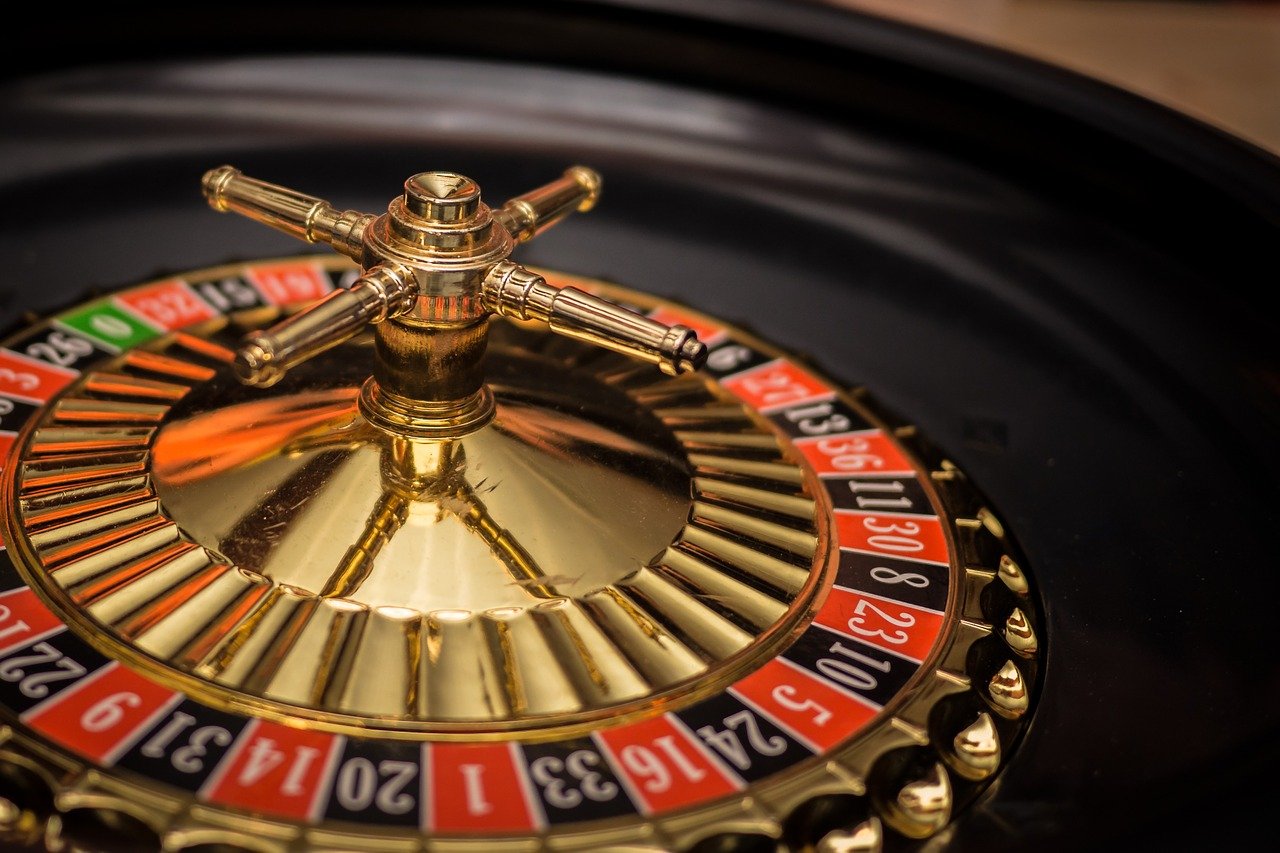In the vibrant world of casinos, few games grasp the attention and enthusiasm of players similar to slot machines. The blinking lights, enticing sounds, and the thrill of potentially hitting a jackpot turn casino slots a preferred choice for a lot of people. However, behind the alluring exterior lies a intricate system known as slot algorithms that determines how these games operate. Comprehending how these algorithms work boosts the appreciation for the game and assists players make more informed choices.
Here, we is taking a deep dive into the inner workings of slot algorithms, unraveling the intricacies that dictate everything from reel spins to payout rates. We will explore how randomness is obtained, the role of payout percentages, and the different types of slot machines available at present. Whether you are a seasoned player or a newcomer eager to discover more about casino slots, this exploration will offer valuable insights into how these cherished games operate.
Understanding Machine Mechanisms
Slot mechanisms are the core of casino slots machines, deciding how each turn produces results. At the heart of these mechanisms are RNGs, commonly referred to as RNGs, which confirm that each turn is entirely arbitrary and independent from the prior spin. This randomness is crucial for ensuring equity in the experience, enabling players to have a reasonable expectation of success based on chance as opposed to foreseeable results. kubet
In also to random number generators, machine mechanisms use different programming methods to manage the game’s functions. The RTP percentage, or RTP, is a key factor that players should consider. This figure represents the average amount of money that players can hope to win back over time. For illustration, a machine with an RTP of 96% will hypothetically give back 96 dollars for every 100 USD bet, although actual results can vary greatly in the immediate future due to the arbitrariness of every spin.
Additionally, slot machines incorporate elements like volatility and strike rate, which influence the player’s journey and potential payouts. High volatility slots deliver larger wins but fewer frequent payouts, while low volatility machines offer more consistent, smaller returns. Understanding these factors enables players choose the games that fit with their strategies and appetite, eventually improving their enjoyment in the gaming slots environment.
Types of Slot Machines
Slot machines come in different varieties, each offering unique gameplay experiences. The traditional slot machines, often referred to as fruit machines, are characterized by their simple design with 3-reel configurations and a few number of paylines. These machines typically feature classic symbols such as fruits, bars, and sevens. They are designed for players who enjoy a simple gaming experience without intricate bonus features. The charm of classic slots lies in their sentimental value and simplicity, making them popular among both novice and seasoned players.

Video slots have transformed the casino slots game landscape by incorporating cutting-edge graphics, animations, and immersive themes. These machines usually feature five or more reels and multiple paylines, providing players with numerous ways to win. Video slots often include captivating bonus rounds, complimentary spins, and interactive elements that enhance the overall experience. This type of slot machine caters to a wide range of players, as they can find games based on popular movies, video games, or fantasy themes, making the gameplay more entertaining.
Progressive jackpot slots are another exciting variant that attracts those looking for life-changing wins. In these machines, a small portion of each bet contributes to a growing jackpot that continues to grow until someone hits the big win. Progressive slots can be found in both traditional and video formats, and they often come with diminished base payouts but offer the enticing chance to win huge prizes. This combination of high risk and high reward is attractive to players who seek excitement in their casino slots gaming adventure.
The Importance of Randomness in Slot Machines
In the universe of casino slot machines, randomness is the essence that ensures each spin is unique and variable. This factor is vital because it creates the anticipation of possible payouts and keeps participants engaged. The randomness is typically generated by RNGs, which are systems designed to produce a sequence of numbers that lack any discernible pattern. This technology simulates the unpredictability of traditional mechanical slots, making sure that modern digital slots maintain the same level of surprise.
Every time a gambler hits the spin button, the RNG determines the outcome of that particular spin, determining the icons that appear and whether a player will win any rewards. This means that each spin operates independently from prior attempts, and the odds remain constant despite the results of past spins. This aspect of randomness stops players from developing tactics that could overcome the house edge, emphasizing the belief that slots are chance games where luck plays a significant role.
Additionally, the integration of randomness in casino slot machines also promotes honesty and equity. Game developers must follow strict guidelines, ensuring that their RNGs produce results that are genuinely random and unbiased. This effort to integrity helps build trust between gamblers and casinos, giving them assurance that every spin offers a equal chance at winning. Ultimately, the role of randomness not only fuels the thrill of casino slot machines but also safeguards the equity essential to their charm.